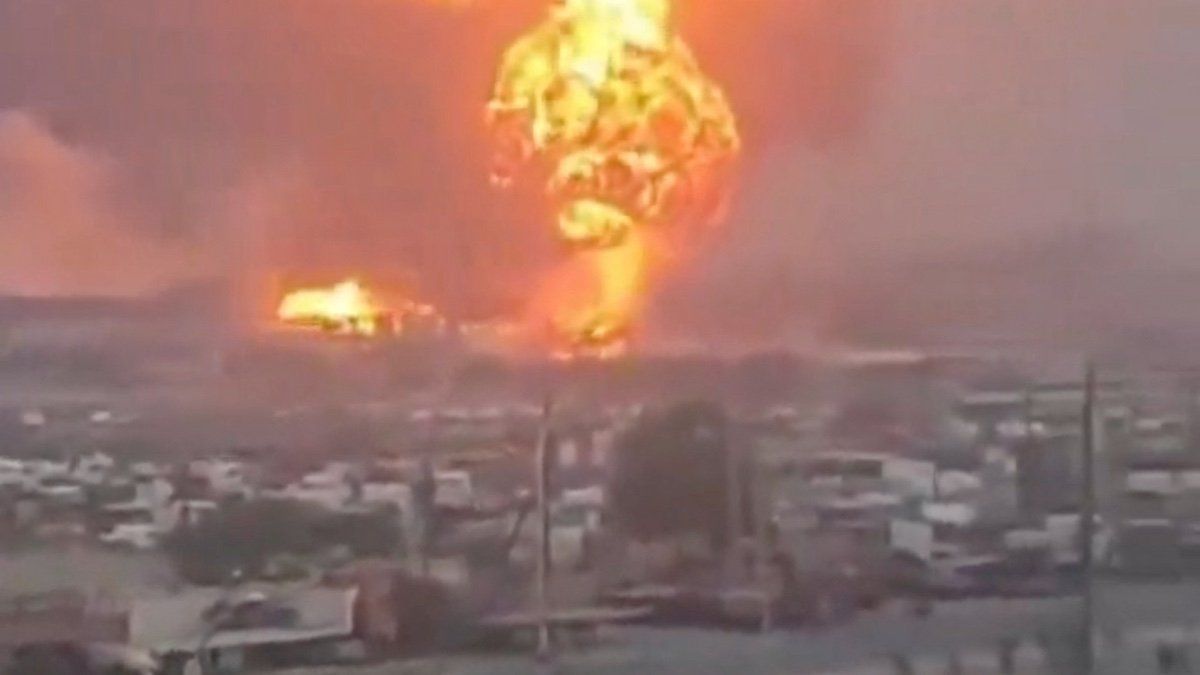Israel struck Houthi targets in Yemen on Sunday, including power stations and the seaport of Hodeidah. The offensive came after Houthis fired three missiles at Israel in the past two weeks, signaling Israel’s readiness to engage in a larger regional war against Iranian-backed groups and regimes.
“Our message is clear — no place is too far,”said Israel’s Defense Minister Yoav Gallant after the strikes. Nevertheless, US President Joe Biden reiterated on Sunday that an all-out war“has to be” avoided and pledged to speak with Israeli President Benjamin Netanyahu.
But Netanyahu already told world leaders at the United Nations on Friday that Israel will “continue degrading Hezbollah” until it is able to secure communities on its border with Lebanon and will continue fighting Hamas until “total victory” is achieved. Netanyahu depicted the conflict as one between Israel and Iran, and said “In this battle between good and evil, there must be no equivocation.”
Who will lead Hezbollah?
Shortly after Netanyahu’s address at UNGA on Friday, an Israeli strike killed longtime Hezbollah leader Hassan Nasrallah in Beirut. His death leaves a power vacuum that won’t be easy to fill, especially sinceHezbollah’s leadership has been decimated in recent Israeli attacks. Two leading contenders are Hashem Safieddine, head of Hezbollah’s executive council and Nasrallah’s cousin, and Naim Qassem, Hezbollah’s deputy secretary-general since 1991, a longtime Shia activist and close ally of Nasrallah.Hezbollah’s shura council will convene in the coming days to decide who will take the reins.
We’re watching how the expanding war and newly opened power vacuum upset regional stability.
